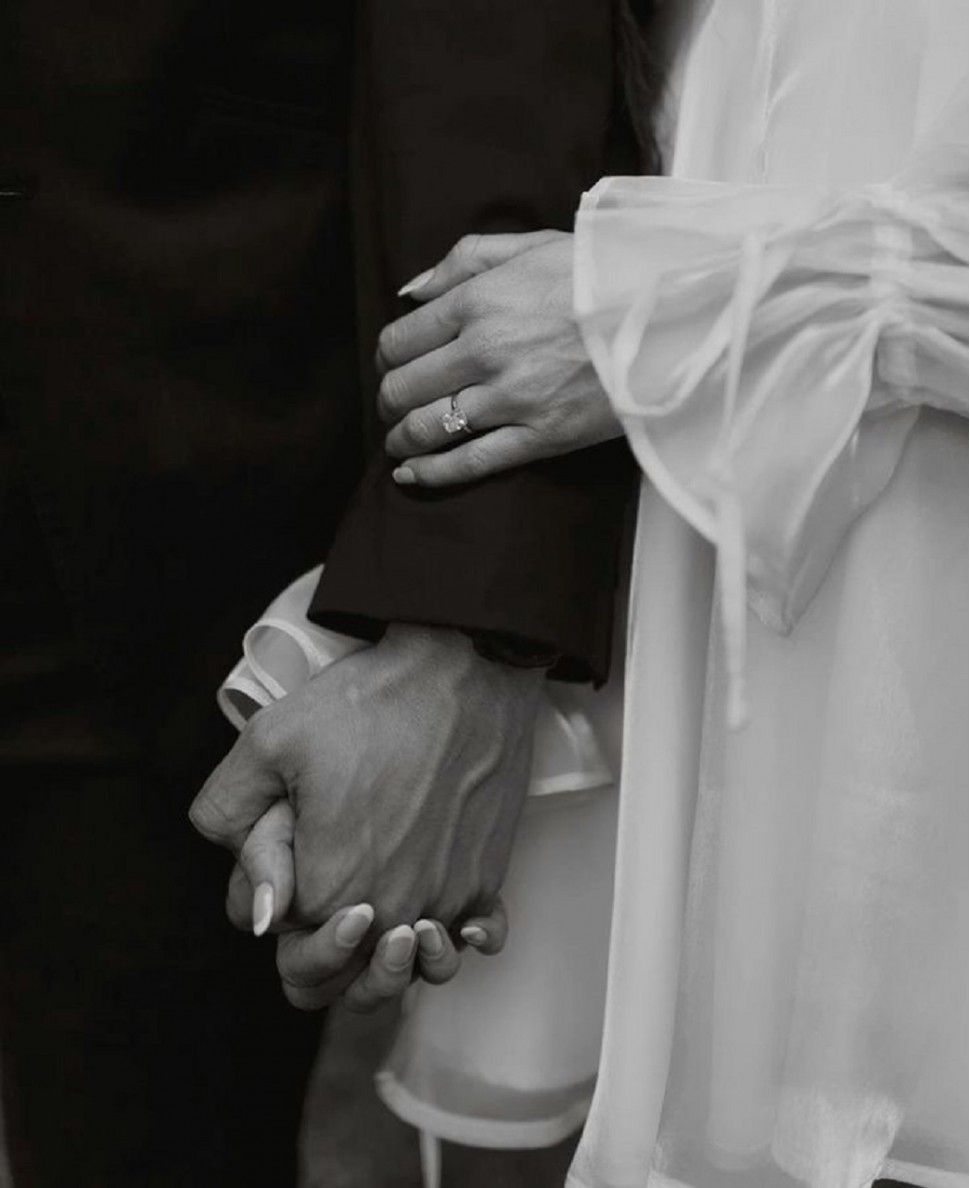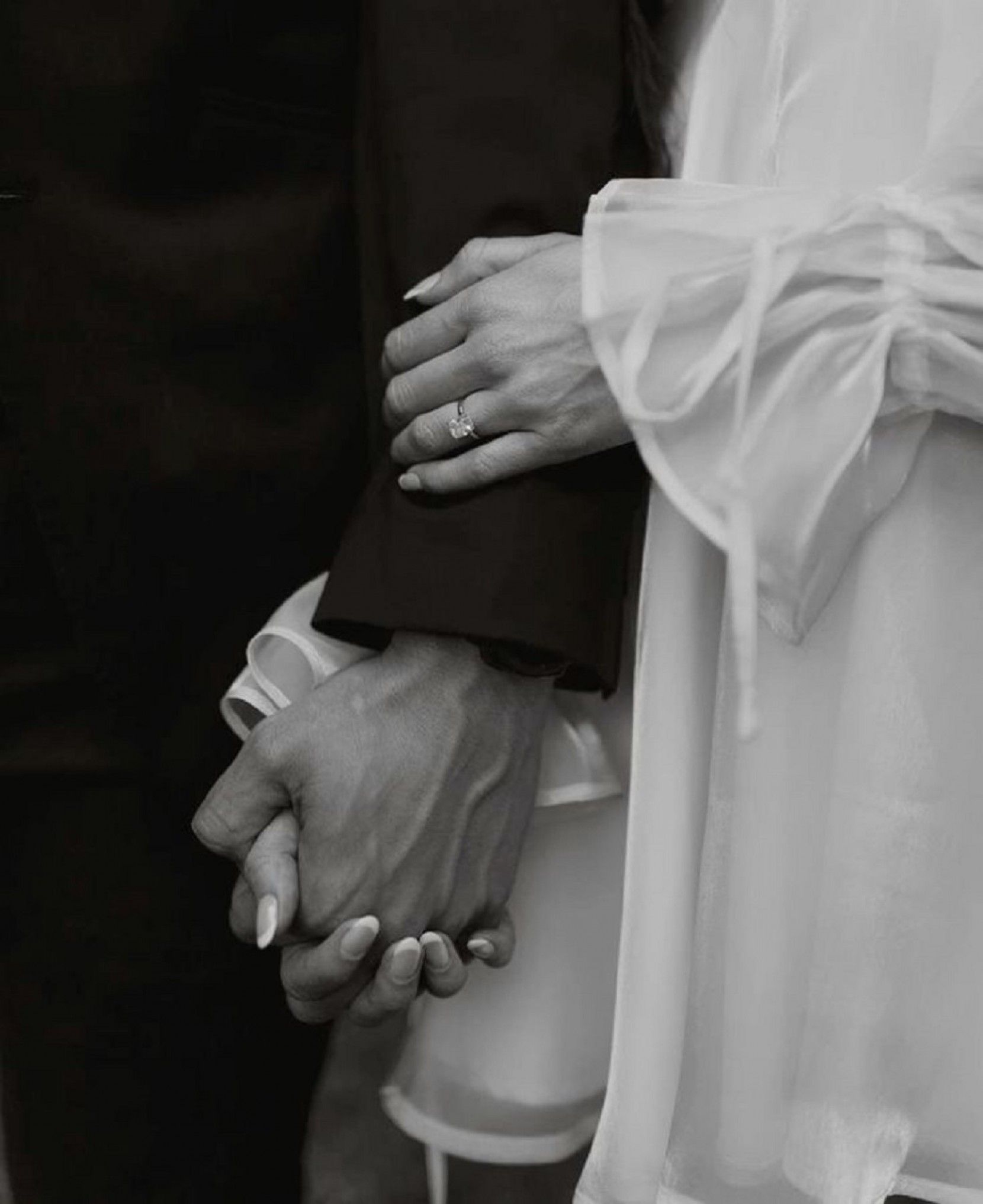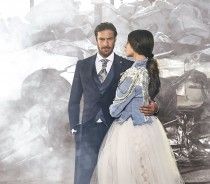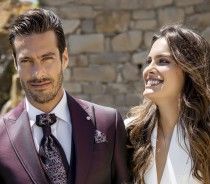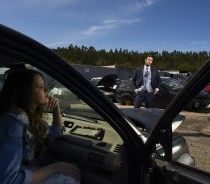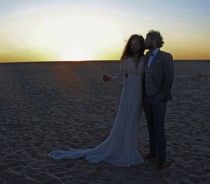IN LOVE, WE FIND A SACRED, BINDING TIE
William Wordsworth
In love, we find a sacred, binding tie,
A union forged beneath the azure sky.
Two souls entwined, in blissful harmony,
Together facing life’s vast mistery.
With every vow, we pledge our hearts as one,
Through trials dark, and when the day is done.
In laughter and in tears, we’ll walk the road,
Sharing burdens lightened by love’s above.
Through joyous days and nights of sweet repose,
In each other’s arms, our love only grows.
For marriage is a journey, hand in hand,
A voyage sailed across the shifting sand.
So let us cherish every feeting hour,
In marriage’s gardem blooming with love’s flower
For in the embrace of true love’s embrace,
We find our solace, our eternal grace.
Marriage is one of the oldest and most universal forms of union between two people, but it wasn't always as we know it today. The history of marriage shows that it has had different functions, meanings and rituals over time and in different cultures.
In ancient times, marriage was seen primarily as a way of establishing political, economic or military alliances between families, tribes or kingdoms. Brides and groom’s love and consent were not considered essential and marriages were often arranged by parents or leaders. Some peoples such as the Greeks and Romans, allowed divorce and polygamy, while others, such as the Jews and Christians, defended the indissolubility and monogamy of marriage.
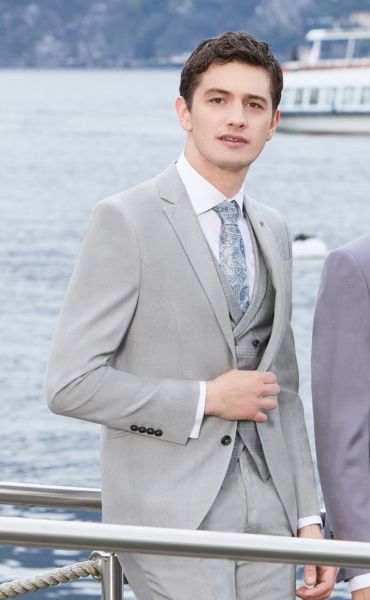
Source: Pinterest
With the spread of Christianity in Europe, marriage came to be regulated by the Catholic Church, which considered it a sacrament, i.e. a sign of God's grace. From the 12th century onwards, bride and groom’s consent was required for marriage to be valid, but there was still a lot of influence from family and social interests. Marriage was seen as a way of guaranteeing procreation, fidelity and mutual assistance between the couple.
However, from the 16th century onwards, with the Protestant Reformation, marriage began to be questioned as a sacrament and as an indissoluble institution. Some reformers, such as Luther and Calvin, argued that marriage was a civil order and that divorce was possible in cases of adultery or abandonment. In addition, new forms of civil, non-religious marriage emerged, which were recognised by the state.
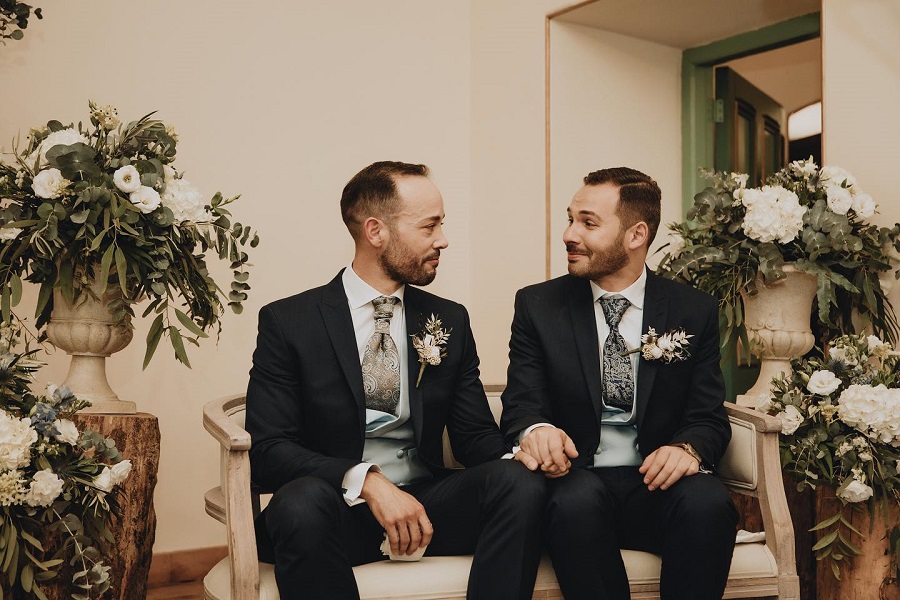
Roberto Vicentti grooms. Ruben @rnn_soy and Juan @juansavi. Pictures from @elisabethperez_estudiocreativo
After 18th century, with the Enlightenment and the French Revolution, marriage came to be seen as a free contract between two people who loved each other and sought happiness. Romantic love became the ideal of marriage and the role of women came to be valorised. Marriage also became a human right that should be guaranteed to everyone, regardless of their class, race or religion. Let's remember Rufus, a stoic philosopher from the 1st century d.C, who already at that time defended the presence of love and that the ideal marriage would be one in which the partners competed to show who loved the other more, with selfishness being the source of all marital problems.
Nietzsche, in his work Antichrist, stated that "love is the state in which men are most likely to see things as they are not", sceptically defending marriage as a form of slavery and romantic love as an illusion. At the heart of his statement was a clear defence of individual freedom. Nowadays, marriage takes on this free form, in a choice wrapped in the noblest sentiment of all, love. We cannot ignore the profound social changes that have taken place over the last two centuries, including the legalisation of divorce in several countries, women's emancipation, the sexual revolution, contraception, assisted reproduction and same-sex marriage.
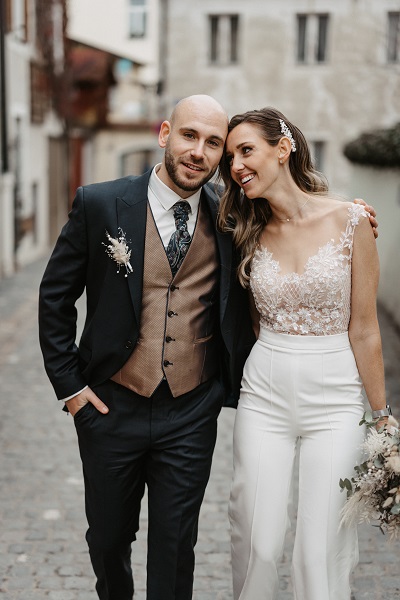
Roberto Vicentti groom. Pictures from @_pat_art_ (insta) | @patartfotografie (fb)
Marriage today can be understood as a way of expressing love and commitment between two people, but it is not the only way. However, it is important to realise that any form of relationship must be based on inner freedom, freedom over the body and the conscious choice to live love in the only way possible, in total freedom.


